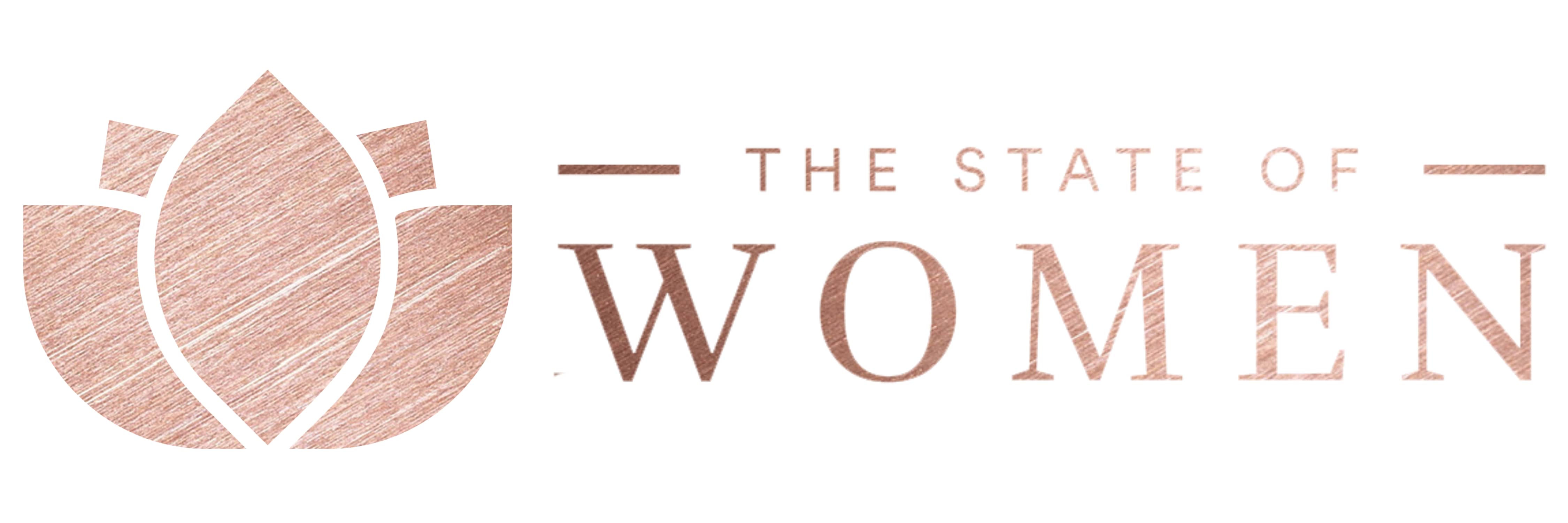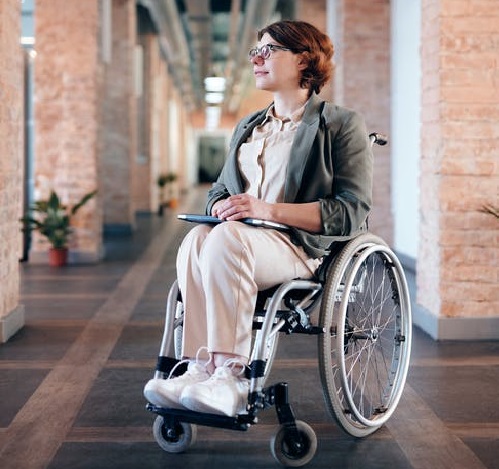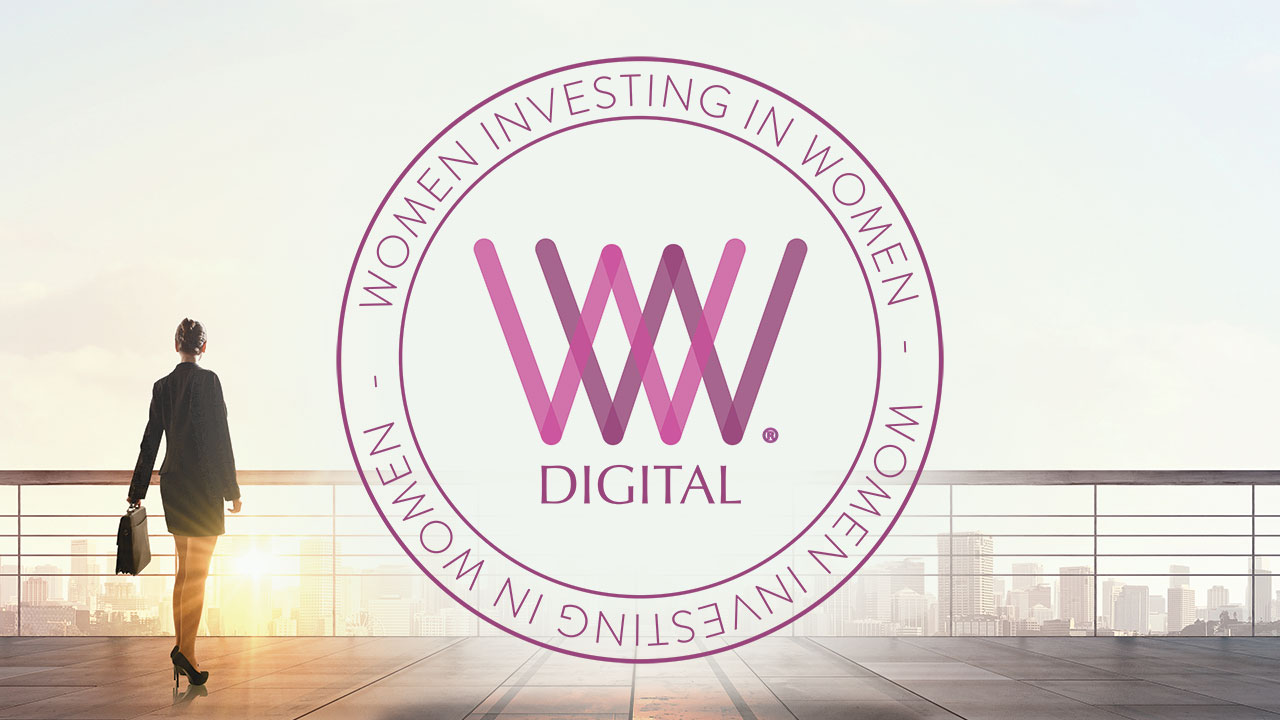This week saw the observance of the International Day of Persons with Disabilities as well as the ongoing 16 Days of Activism against Gender-Based Violence.
One thing we always keep in mind: Women—everywhere—are fierce, intelligent, and capable. We’re here to uplift women, amplify their voices, and learn from them. Nevertheless, women struggle when they are not protected or accommodated. With existing vulnerabilities exacerbated by the coronavirus pandemic, this has rarely been more clear. Women’s issues in general, like pay equity, have taken a back seat for many recently. For women in underrepresented communities, like disabled women, or vulnerable women like those experiencing violence, the effect is even more pronounced—and more harmful.
Fortunately, there are many who recognize and address this need—most often women from the affected communities. We found just a few articles about the obstacles, dangers, and setbacks some women face right now; as well as a few stories about successes, insights, opportunities, and solutions.
COVID-19 Worsening Gender-Based Violence, Trafficking Risk, for Women and Girls, from UN News—“Lockdowns, stay-at-home orders and other measures implemented during the COVID-19 pandemic have led to what the UN has called a ‘shadow pandemic’ of rising gender-based violence. Women’s economic inequality also increases their vulnerability to trafficking and sexual violence, according to UN Women, which supports countries in their efforts to achieve gender equality.”
We Need New Allies to End Violence Against Women, from The Hill—“We cannot fall back into the vicious cycle of stalled progress and regression that has characterized global efforts to end gender-based violence for far too long. With a long winter ahead of us, we must do more to prevent domestic abuse and support survivors. COVID-19 is not the only curve we need to flatten. But with new allies in this fight—men who stand up for women, companies committed to the cause, and funders bringing resources to the table—we can bring this shadow pandemic into the light, the first step toward ending the violence that has plagued girls and women for millennia.”
Violence Against Women Deserves More Than a 16 Day International Campaign, from Council on Foreign Relations—“Every year, the 16 Days of Activism against Gender-Based Violence campaign brings attention to the systemic violence experienced by women and girls all over the world – but these commitments must go beyond sixteen days of lip service. It is time for leaders to take concrete steps that fund and support women and girls, particularly those afflicted by conflict or crisis.”
How We Can All Celebrate the International Day of Persons With Disabilities, from Allure—“As most things go for our community, when we don’t receive the traction behind our movements that we need, we take it upon ourselves and make it happen. To celebrate this year, the disabled community is asking people to only boost disabled creators content on social media platforms like TikTok, educate themselves on our history and civil rights movements, and think about the ways in which the things you do can be more inclusive and accessible to people with disabilities, both on and offline.”
New Shopping Site Is Offering Adaptive Fashion, Community to Those With Disabilities, from Yahoo News—“Horton, 51, is the inventor of MagnaReady, an adaptive clothing line that replaces zippers and buttons with magnetic closures, and Burke, 30, is an activist and the first little person to be featured on the cover of Vogue U.K. Both women are passionate about adaptive fashion and inclusivity and have teamed up to launch JUNIPERunltd, an e-commerce platform and interactive online community that highlights products and topics pertinent to people with disabilities or health conditions and their caregivers.”
Disability and Gender-Based Violence, from Chronicle Zimbabwe—“For people with disabilities, gender based violence is often compounded by disability-based discrimination, and women are often more vulnerable. Women with disabilities are often considered weak, worthless and in some cases sub-human by their societies. Because of such factors, women with disabilities face a heightened risk of domestic and sexual violence. Protecting women and girls with disability must be made a global priority.”



